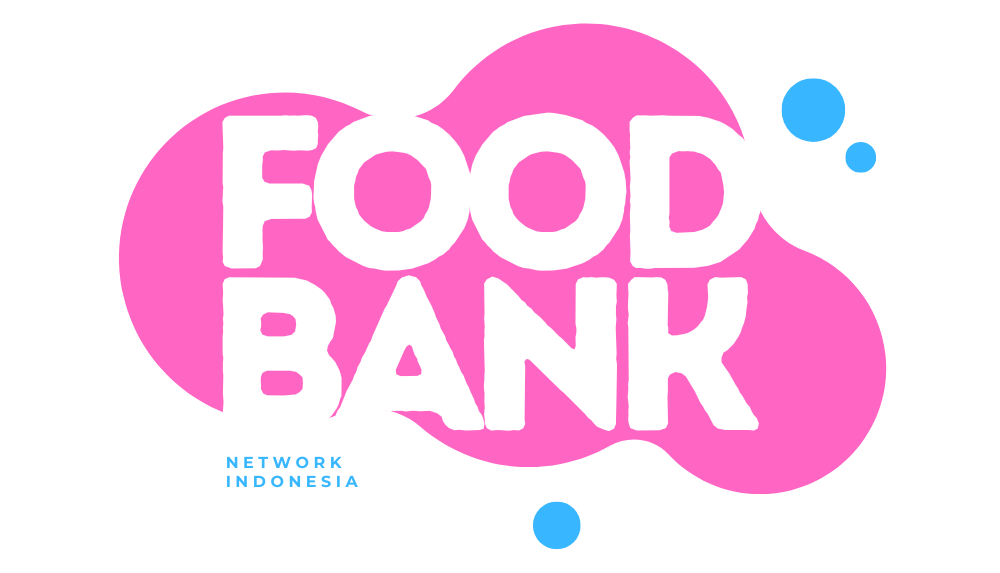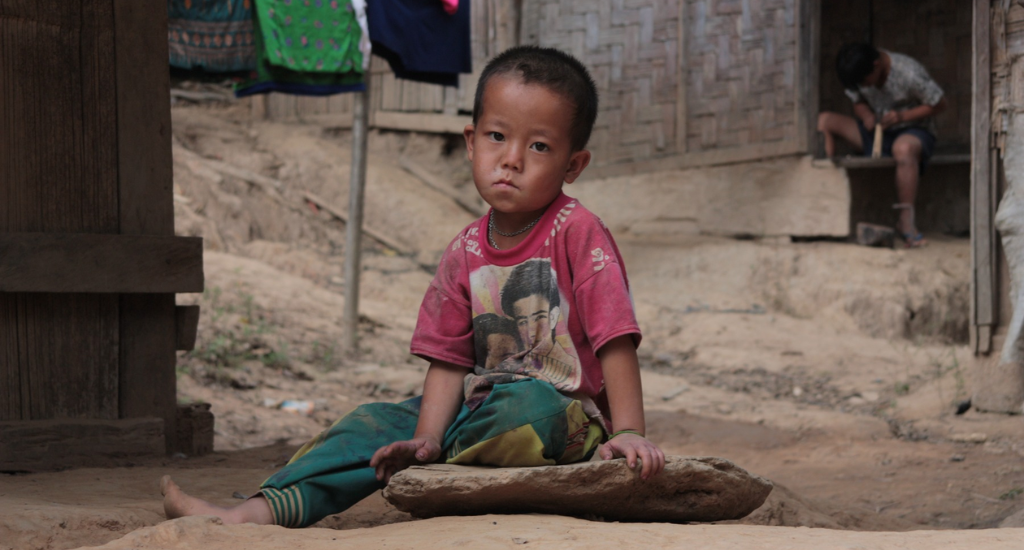Food insecurity remains a pressing issue in Indonesia, affecting millions who struggle to access sufficient and nutritious food. Addressing this challenge requires more than just government interventions—it demands collective action from communities, organizations, and individuals working together to ensure that no one goes hungry.
Understanding the Scope of the Issue
Indonesia faces significant food security challenges, with many households unable to consistently afford nutritious meals. The problem is exacerbated by economic instability, rising food prices, and uneven food distribution across regions. While some areas have abundant supplies, others experience scarcity, making it essential to bridge the gap through coordinated food assistance programs.
The Role of Community Efforts
Organizations like Foodbank Network Indonesia (FNI) play a vital role in distributing food to vulnerable populations. Through foodbank hubs, surplus food from businesses, markets, and individual donors is collected and redistributed to families in need. This structured approach ensures that food is not wasted and instead reaches those who need it the most.
Volunteers, donors, and partners are essential in sustaining these initiatives. Whether by contributing food, funds, or time, every effort strengthens the support network that keeps these programs running. Community-driven action has proven to be an effective response, providing immediate relief while also advocating for long-term solutions to food insecurity.
By participating in collective action, people can create meaningful change and move toward a future where access to food is a fundamental right for all.





